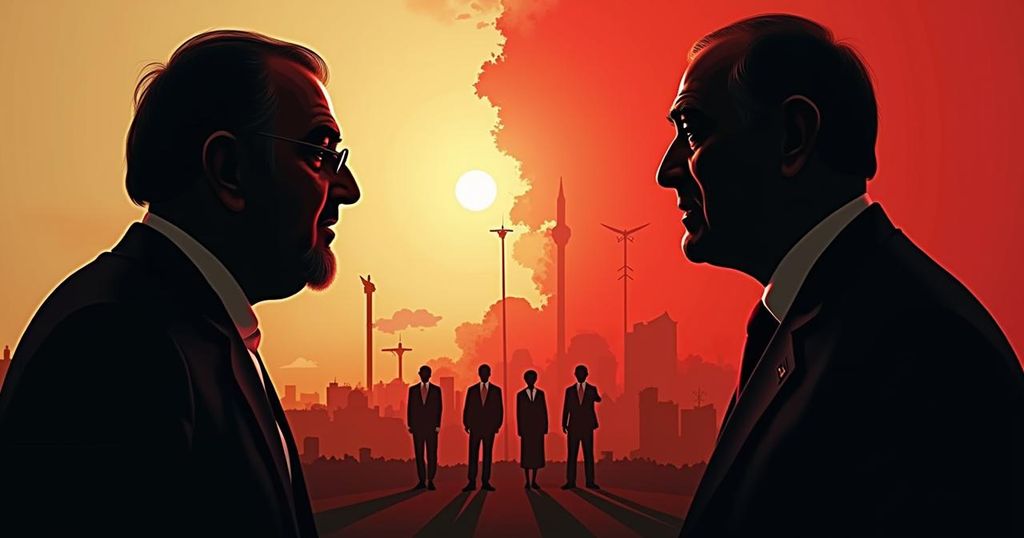Russia’s Stern Warning to Israel Following Nasrallah’s Assassination

Following the assassination of Hezbollah chief Hassan Nasrallah, Russia issued strong warnings to Israel about potential severe consequences in the Middle East. This reaction stems from a meeting between Russia’s foreign minister and his Iranian and Lebanese counterparts, reflecting the rising geopolitical tensions influenced by Nasrallah’s death.
In the wake of the assassination of Hezbollah leader Hassan Nasrallah, Russia has responded vehemently, warning of severe repercussions for Israel’s actions. This response was prompted by a recent discussion between Russian Foreign Minister Sergey Lavrov and his Iranian and Lebanese counterparts, who both expressed solidarity with Hezbollah in light of the troubling development. Russia’s diplomatic maneuvering signifies an intensifying geopolitical tension in the region and highlights Moscow’s stance as a protector of its allies, especially in the face of perceived aggression from Israel. The situation is being closely monitored, as further escalations in conflict could provoke a broader confrontation involving multiple nations in the Middle East.
The recent assassination of Hassan Nasrallah marks a pivotal moment in Middle Eastern politics, particularly affecting the dynamics between Israel, Iran, and Hezbollah. As the leader of Hezbollah and a key political figure in Lebanon, Nasrallah’s death is likely to incite strong reactions from his supporters and allies, namely Iran and Russia. Russia’s foreign policy in the region has often been characterized by its support of Iran and allied groups opposing Israel. Headlining this current crisis is the meeting between Russian, Iranian, and Lebanese officials, which was convened specifically to address the ramifications of Nasrallah’s assassination and to formulate a collective response to Israel’s actions.
The assassination of Hassan Nasrallah has triggered a significant backlash from Russia, indicating a potential shift in the balance of power and alliances within the Middle East. With Moscow’s stern warning of “dramatic consequences” for Israel, the situation could escalate further, demanding attention from international observers and participants in Middle Eastern politics. The implications of this event extend beyond Hezbollah, involving regional players like Iran and Lebanon, and pose questions regarding future confrontations and alliances in the region.
Original Source: www.hindustantimes.com








